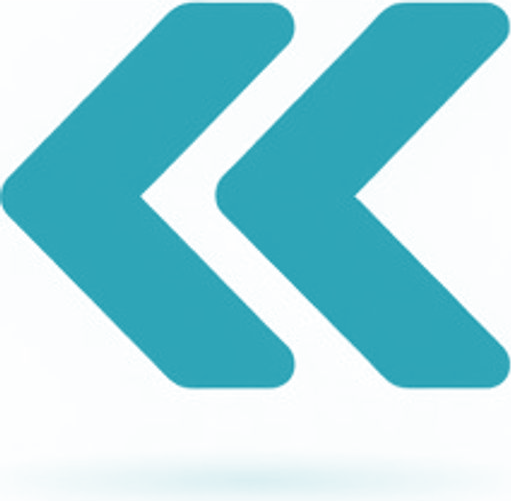
Top 7 Open-Source Blockchain Platforms to Watch in 2024
Blockchain technology continues to revolutionize various industries through both open source and proprietary platforms. Open source blockchain platforms make their source code publicly available, allowing anyone to read, modify, and validate transactions.
Key Benefits of Open Source Blockchain Platforms:
- Interoperability: Easily integrates with other platforms and systems
- Customization: Freedom to adapt to specific business needs
- Collaboration: Large developer communities working together
- Transparency: Public verification and immutable records
- Cost-effective: No licensing fees and low operational costs
Top Open Source Blockchain Platforms in 2024:
Ethereum
- Pioneer platform for decentralized applications (dApps)
- Uses Proof of Stake consensus mechanism
- Powers smart contracts and digital assets
- Large developer ecosystem
Hyperledger Fabric
- Developed by Linux Foundation
- Focuses on permissioned networks
- Modular architecture
- Multiple consensus algorithms
- Supported by 15,000+ engineers
Corda
- Specializes in financial services
- Real-time transaction processing
- Unique consensus mechanism
- Supports digital assets and NFTs
Tezos
- User-governed platform
- Dynamic upgrade capability
- Proof of Stake consensus
- Active developer community
ConsenSys Quorum
- Built on Ethereum framework
- Optimized for high-speed transactions
- Enhanced privacy features
- Popular in financial sector
Avalanche
- Supports custom blockchain networks
- Fast transaction processing
- Proof of Stake mechanism
- Focuses on scalability
EOSIO
- Launched in 2018
- Smart contract platform
- Consensus-based governance
- Enterprise-grade capabilities
- Powers 400+ dApps
These platforms provide robust foundations for building decentralized applications, each offering unique features suited for different use cases and industries. The choice depends on specific project requirements, scalability needs, and desired level of customization.
